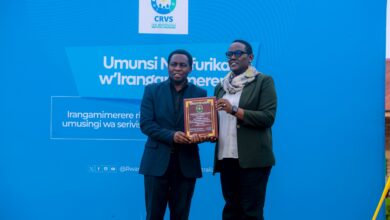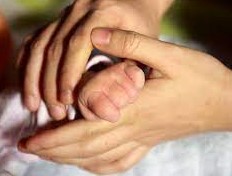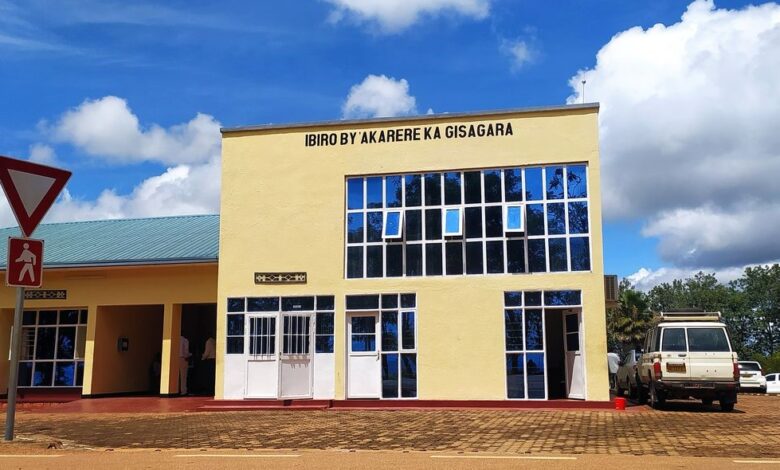
Residents of Gisagara District say that poverty is preventing them from taking effective measures to protect themselves against malaria.
Some residents of Mukindo Sector report being unable to afford mosquito nets, which leaves them vulnerable to malaria.
One resident said, “I don’t have a mosquito net. The ones I had were worn out, and I can’t afford new ones because of poverty. I wish the government could provide us with mosquito nets every year.”
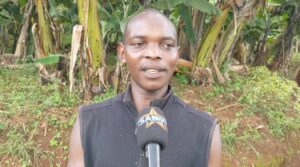
Her neighbor added, “I earn just 1,000 francs a day. I can’t use that money to both feed my children and buy mosquito nets.”
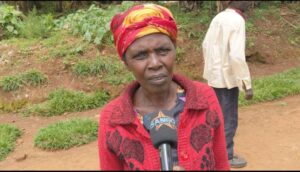
According to the EICV7 survey conducted by the National Institute of Statistics of Rwanda (NISR), Gisagara District remains among the poorest regions in the country, with a poverty rate of 45.6%.
The District’s Vice Mayor for Social Affairs, Denyse Dusabe, explained the situation and the efforts being made to support people.
“In the past three years, we’ve seen some improvement. The EICV5 survey showed a poverty rate of 59.5%, and now we’re at 45.6%. That 13.9% reduction is significant. We have a plan in place to continue supporting our citizens in the fight against poverty.” says Dusabe
She continued, “When we inspect areas where mosquito breeding sites are found, we often discover links to poverty and other underlying challenges. We carry out inspections down to the village level to uncover the root causes, which may include poverty or lack of information. As the District leadership, we are committed to addressing these issues.” she says
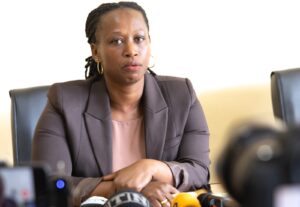
“The path out of poverty is not short, but the District, in collaboration with government institutions and our partners, will continue working hard to connect our citizens to opportunities and improve their living conditions. We do not prevent infrastructure development in our district. We ask you to be ambassadors in attracting investors to Gisagara District because investment can also help fight poverty, create jobs, and generate income for our people.” adds Dusabe
The EICV7 report from the National Institute of Statistics (NISR) shows that, nationwide, poverty decreased by 12.4% between 2017 and 2024, with more than 1.5 million people lifted out of poverty.

Fulgencie Mukamusoni
